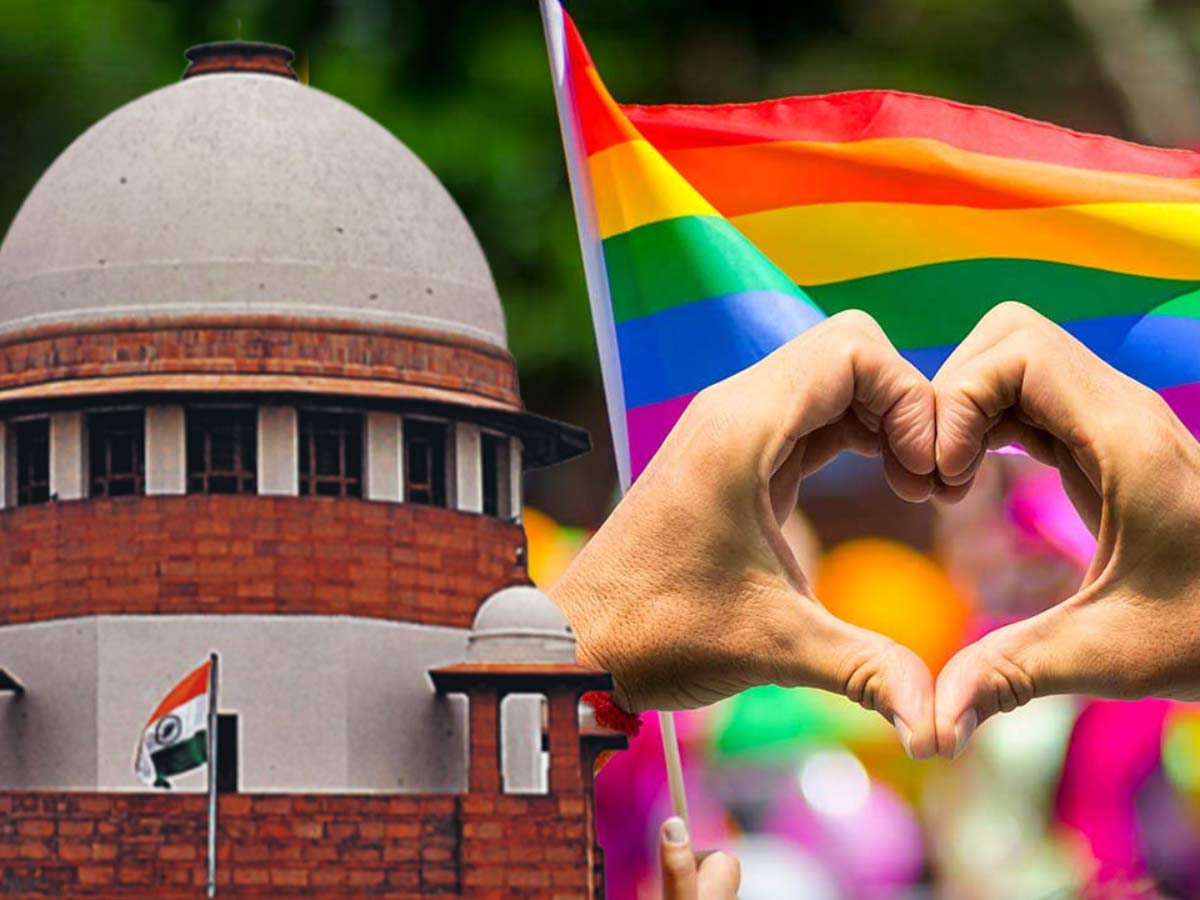The petitioners in the Supriyo v. Union of India case have argued that Section 4(c) of the Special Marriage Act discriminates against same-sex couples by denying them matrimonial benefits such as adoption, retirement benefits, surrogacy, etc. because it only recognizes marriage between a “male” and a “female.”
The petitioners are seeking the declaration of Section 4(c) unconstitutional. Several additional petitions that comparably question various personal laws have been tagged with the current one. In these petitions, the petitioners argue that the prohibition against same-sex marriage violates their rights to dignity, equality, and freedom of speech.
They referenced the NALSA v. Union of India (2014) & Navtej Singh Johar v. Union of India (2018) decisions, which established the legal recognition and equal rights for non-binary gender identities.
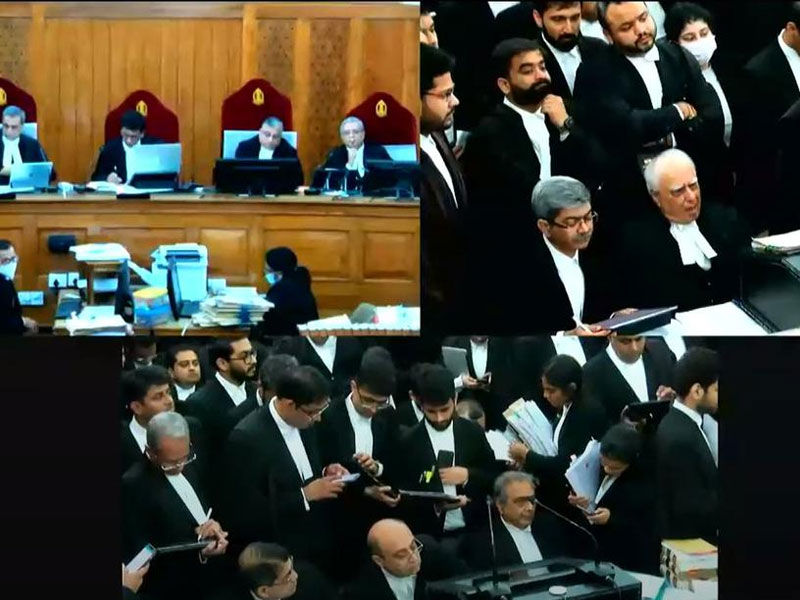
The central government argued that there is a valid State interest in restricting the recognition of marriage to only opposite sexes, that is, between a man and a female, in its counter-affidavit to the Supreme Court. They contended that restricting the right to marry to same-sex couples does not violate Article 14.
They added that Navtej respected the LGBT community’s right to privacy but excluded the “public right” to marriage. Even though there are many diverse castes, subcastes, and faiths in India, the Centre’s second counter-affidavit claims that only heterosexual couples are allowed to get married under various personal laws and customs. Additionally, it claims that the petitions only represent “urban elitist” viewpoints.
Learning about the power and privilege systems long present in Indian society is necessary for many people who do not identify as members of the LGBT community to gain an understanding of the problems experienced by members of sexual minorities.
This calls for contact with feminist scholarship to comprehend the idea of gender as a social construct. Contrary to stereotypes, feminist perspectives examine what it means to be a “man” or a “woman” from a far wider viewpoint than just “women” or “women’s movements.”
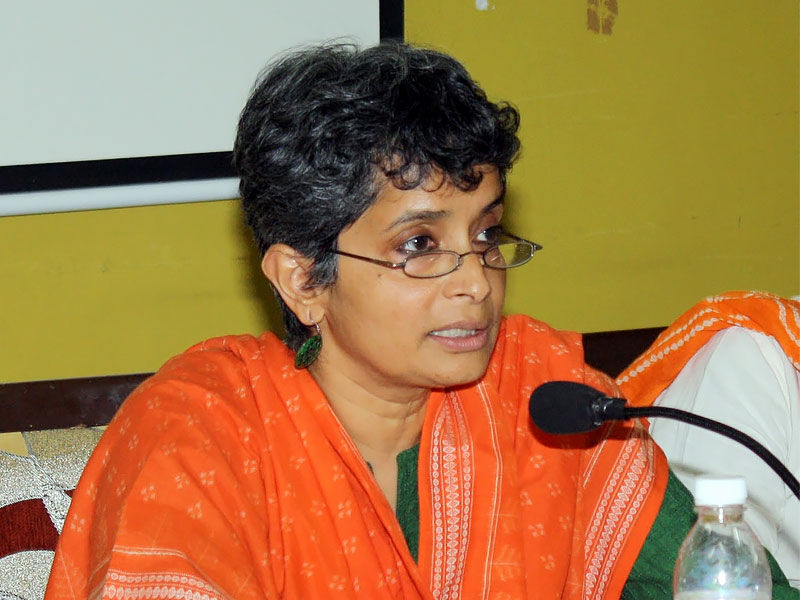
In her book, Seeing Like a Feminist, feminist scholar Nivedita Menon explains that a feminist point of view encourages one to “imagine occupying the marginal, relatively powerless place concerning each dominant framework that swallows up the space at the center… that various identities located hierarchically as dominant or subordinate develop at different times and in various settings, but also to be conscious particularly of the processes of gendering… how men and women construct gender roles in a different way.
The prevailing frameworks that organize the world in terms of “man” and “woman,” which are entwined with class, caste, race, ethnicity, and religion, are therefore revealed from a feminist perspective. Depending on where a person falls within overlapping identities, the oppressive implications of these uniquely Indian hierarchical systems are amplified.
Both society and the State are outraged by deviations from what is socially conceived as “normal”; the former through ostracization, exclusion, and discrimination, or the latter through lawmaking and enforcement, with violence playing a frequent role in both.
We can see a distinction in the way the issues in this instance have been presented. To support their case, the petitioners use the concepts of constitutionalism, equality, and the rule of law. The Center’s arguments, on the other hand, center on the perceived danger to the traditional structure of marriage, a reliance on nebulous notions of “sanctity,” and a requirement that a “man” and a “woman” be defined legally.
With oppressed caste queers bearing the brunt of structural violence, the petitioners’ framing of the issues as “urban elitist” viewpoints grossly misrepresents the sufferings experienced by members of sexual minorities in India who reside at various ends of the socio-political ranges of class and caste.
The Centre has made the argument that legalizing same-sex marriage would pose an existential danger to the concept of “family.” If we examine the idea of family critically, this argument, however, does not hold water.
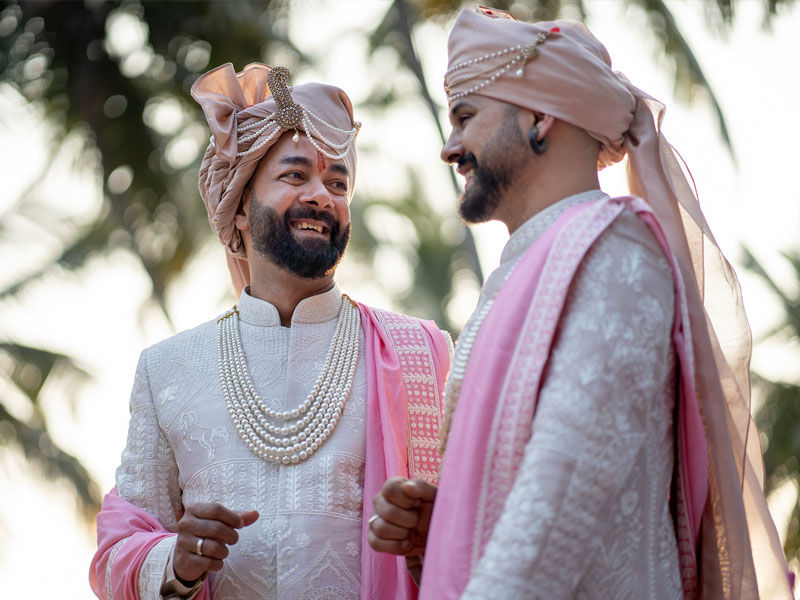
Menon contends that the family is fundamentally built on inequality, clearly defined age and gender hierarchies, and patrilineal forms of inheritance. Because “man” and “woman” are social constructs and there is no such thing as an absolute “man” or “woman” (a point also made by Chief Justice DY Chandrachud), the question of what exactly comprises a family arises.
The right to love and other concepts like it would be recognized and built upon in a more equal understanding of what a family is. The refusal to recognize same-sex couples through marriage by claiming “family” is paradoxical if we accept that “love” is a crucial element that binds a family together. This is because it is this idea of family that denies others the legal acknowledgment of their families.
Therefore, is the heteropatriarchal status quo being threatened by same-sex weddings, or is the concept of the family itself? When viewed in this light, same-sex unions do not pose a threat to the concept of the family but rather transform it into a less hierarchical structure, paving the way for equality and societal advancement.
Also, Read Books By Judith Butler That One Must Read
In its intervention in this case, the National Commission for Protection of Child Rights (NCPCR) said that permitting same-sex couples to adopt is equivalent to endangering children. However, there is no evidence suggesting that same-sex couples raise their kids worse than heterosexual couples do. These statements lack any engagement with the complexity of reality and are simply broad generalizations (with a hint of homophobia).
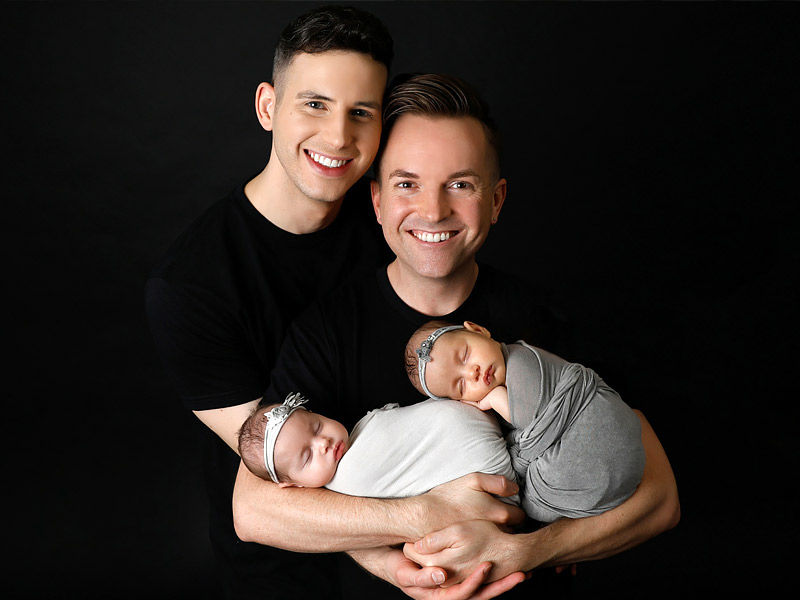
Additionally, depriving same-sex spouses of recognition simply increases the risk to the children they are already raising. The aforementioned expansion of the legal definition of the family must take into account “found families” in addition to biological ones.
After being rejected by their biological families, gay people frequently end up in found families, and children are frequently an integral element of these families.
The Supreme Court has a chance, in this case, to build on the landmark rulings in Navtej Singh Johar and the Naz Foundation.
In his book The Transformative Constitution, constitutional lawyer and scholar Gautam Bhatia explains why the Naz Foundation case was so important: in addition to tying equality and non-discrimination together, identifying places where groups are excluded, and emphasizing disadvantage, disability, and self-realization (“dignity”), there was a recognition of the actual experiences of the law’s subjects (“real and effective equality”), leading to a profound understanding of structural hierarchies.
By utilizing the Constitution’s transformative power, judicial recognition of same-sex marriage would be a continuation of that heritage. A decision in the petitioners’ favor will also encourage more individuals to discuss their prejudices towards sexual minorities and assist society in coming to terms with its oppressive and hierarchical fault lines.
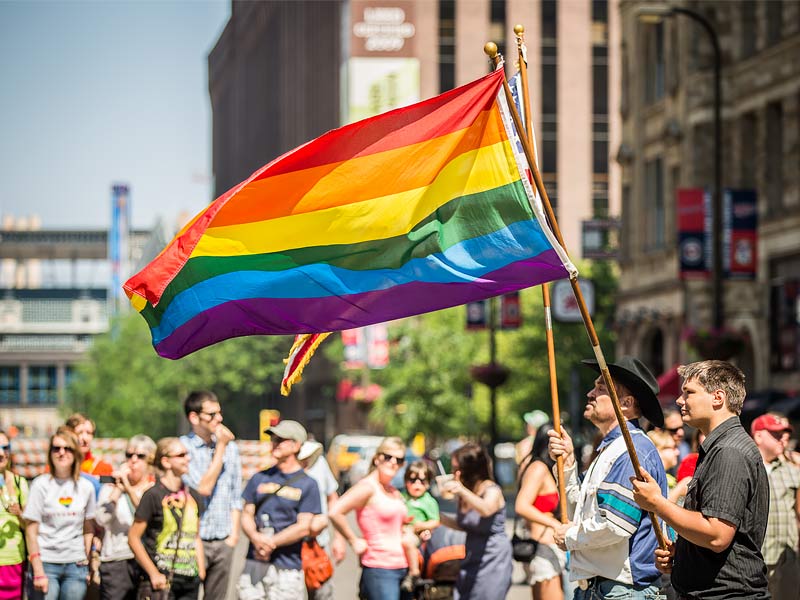
This would also inspire other marginalized groups to look for legal protection and recognition. The prevailing narrative and structure in use favor the straight, upper-caste male belonging to the majority community and his worldview. Therefore, to examine the “relatively powerless position” in this case, one must do it from the viewpoints of queer men, women, non-binary individuals, and members of marginalized groups.
These people are the ones that constantly worry about coming under the State’s or society’s wrath. The Supreme Court must work toward their improvement.





















